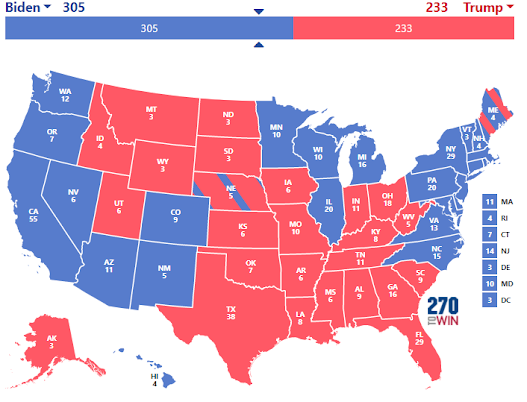Bob Dole, the former US senator from Kansas who was the Republican presidential candidate in the 1996 election, died Sunday at 98. Dole had been battling lung cancer, and was taking immunotherapy to treat the disease.
Dole was born on July 22, 1923 in Russell, Kansas. He enrolled in the University of Kansas, where he played several sports including basketball and track, but left in 1942 to fight in World War II, where he became an officer in the US Army. He was severely injured in combat in Italy, and while he never regained use of his right arm, he managed to recover the use most of the rest of his body.
Dole was elected to the Kansas House of Representatives in 1950, and two years later became the county attorney of Russell County, a position in which he served for 8 years. He ran for the US House of Representatives in 1960 for Kansas's 6th Congressional District, and after he was elected, he served in the chamber for 8 years. During that time, he supported several notable civil rights bills, including the Civil Rights Act of 1964 and the Voting Rights Act of 1965.
Dole ran for and won a seat in the US Senate in 1968, and he served in the chamber until 1996. Dole became Senate Majority Leader in 1985, became Senate Minority Leader two years later when the GOP lost the chamber in the 1986 elections, and regained the Majority Leader post when Republican recaptured Congress in 1994. He also served as chairman of the Republican National Committee (RNC) from 1971 to 1973.
Dole was selected as Gerald Ford's running mate in the 1976 presidential election, replacing Nelson Rockefeller, who was seen as too moderate for many in the party. His addition to Ford's ticket was an attempt to keep conservative delegates from supporting Ronald Reagan's presidential candidacy at the 1976 convention, the last contested presidential election to date. While the Ford-Dole ticket emerged victorious at the convention, it ultimately lost to the Carter-Mondale ticket that year.
During his time in Congress, he created relationships and friendships across the aisle that helped achieve the passage of several pieces of legislation, including the American with Disabilities Act and legislation dealing with social security and food assistance.
Dole ran for president in 1980 and 1988, losing in the primaries to Ronald Reagan and George H.W. Bush respectively. The third time proved the charm in 1996, when he won the Republican primary and faced off against incumbent Democratic President Bill Clinton. He resigned from the Senate to focus on his campaign, which ended unsuccessfully that November when Clinton managed to win another term. Republicans did manage to keep both chambers of Congress that year.
Dole became an elder statesman in the Republican Party in his post-elected career. He also appeared in several television advertisements, including for Pepsi and Viagra (he was open about his struggles with erectile disfunction and aimed to remove the stigma of the condition).
Dole notably was the only former Republican presidential nominee to support Donald Trump after he won the Republican primary in the 2016 election. Dole reiterated his support for Trump in the 2020 election and defended him from what he saw as unfair treatment of Trump from the Commission on Presidential Debates during the debates with eventual election winner Joe Biden.
While Dole referred to himself as a "Trumper" following the 2020 election and expressed his disappointment in Trump's loss, he also said he was "Trumped out" and criticized Trump's claims of election fraud, saying that there was no evidence for it.
Dole had spoken well of Biden following his election victory, calling him "a great, kind, upstanding, decent person," though he was critical of what he perceived as Biden leaning too far left and the cancellation of the Keystone XL pipeline.
Other than his political statements, Dole managed to keep an active life until the end, even in face of his cancer diagnosis, visiting the Dole Institute frequently at the University of Kansas and even visiting all of Kansas's 105 counties.
Speaker Nancy Pelosi called for the flags at the Capitol to be set to half-mast in honor of Dole. Other politicians from across the aisle have also issued statements of remembrance following the announcement of his death, highlighting his commitment to work across the aisle and his bravery in his military service.




